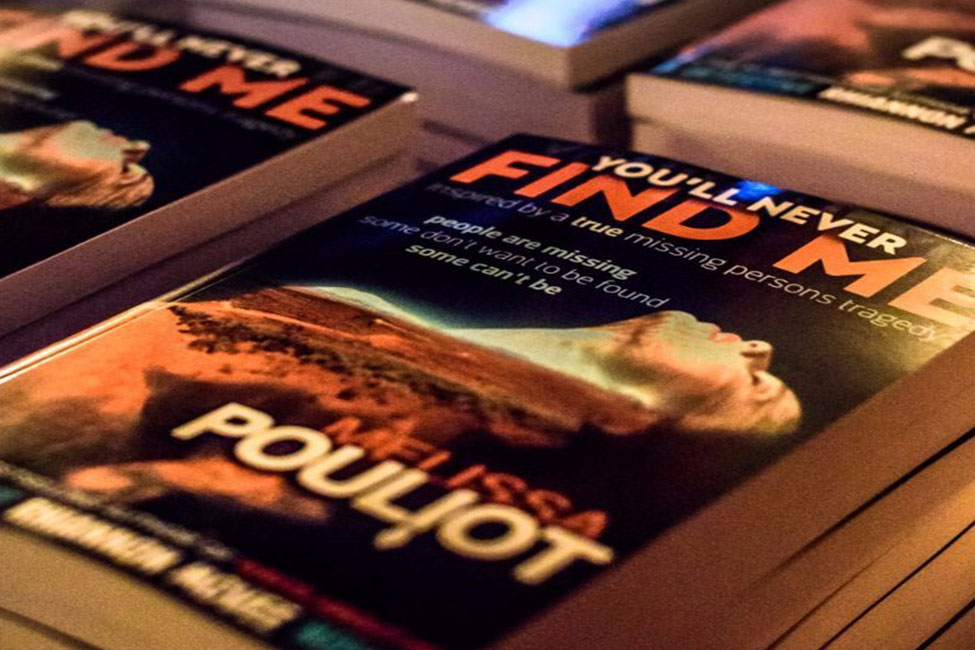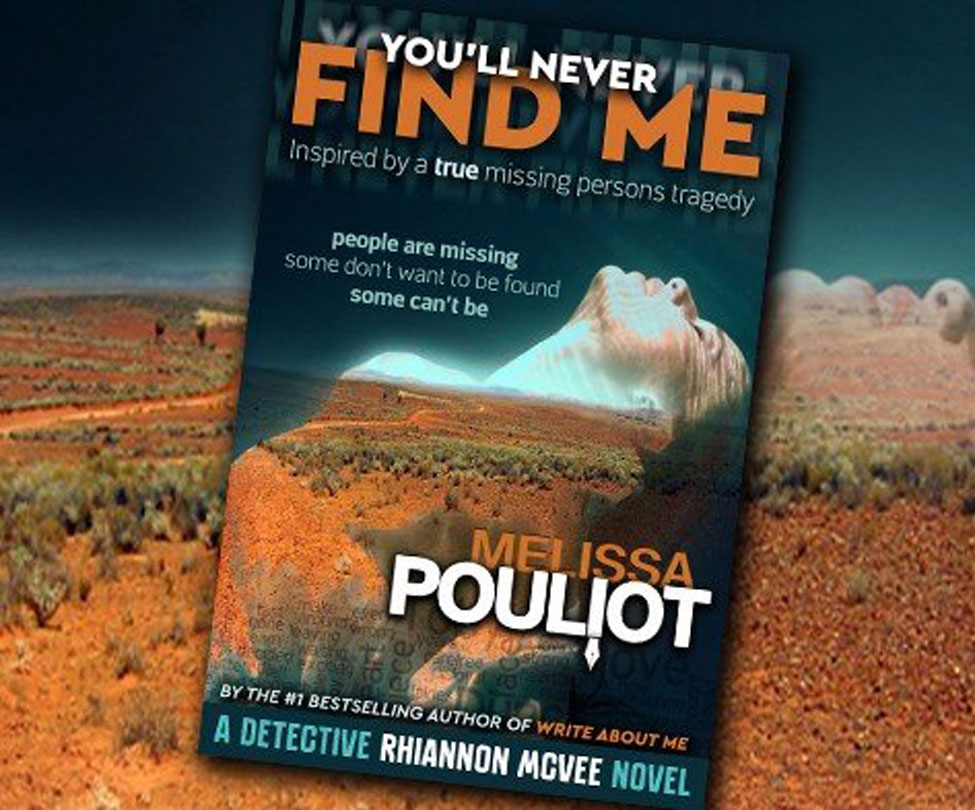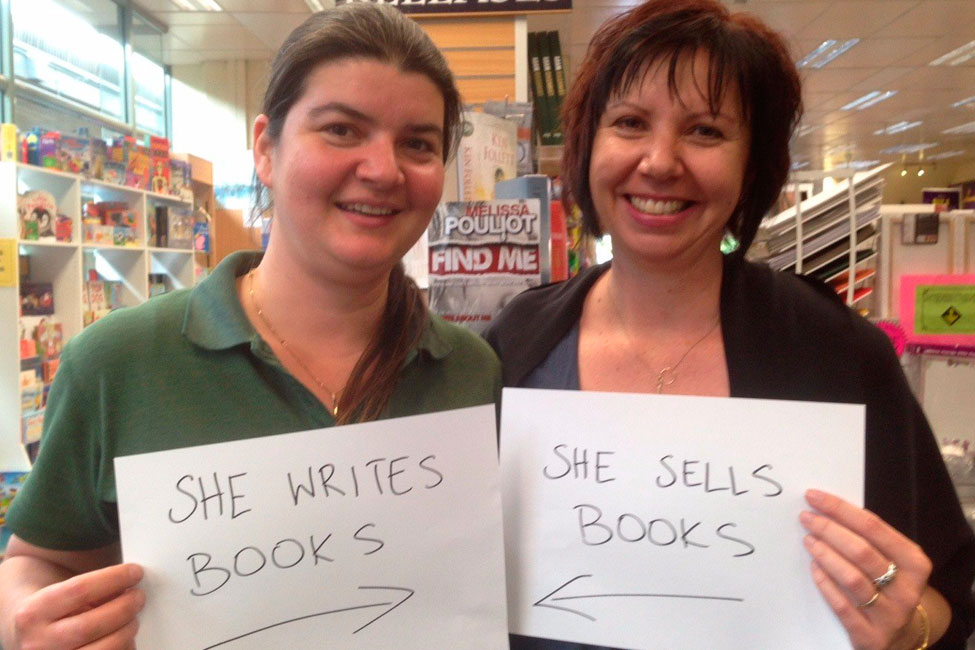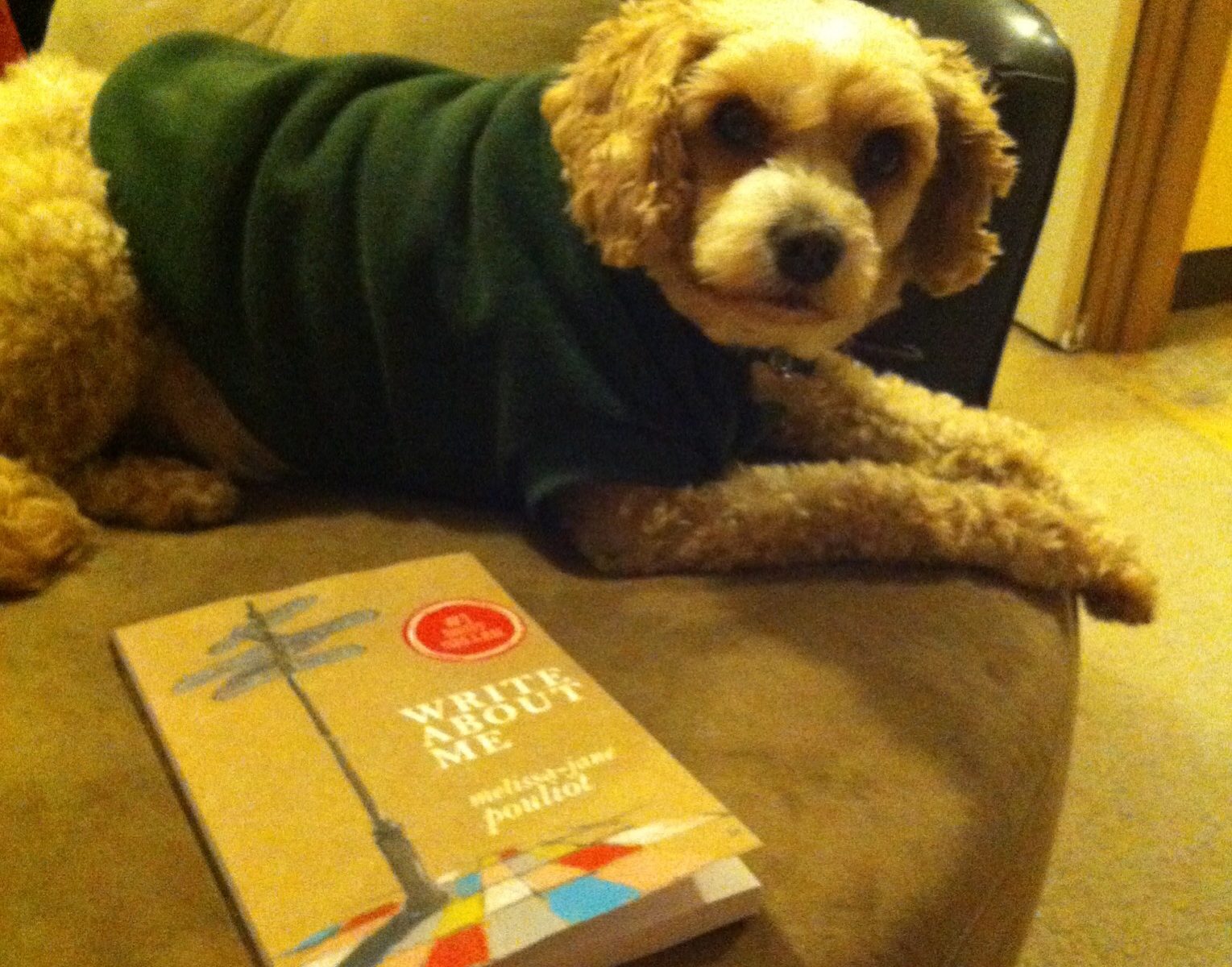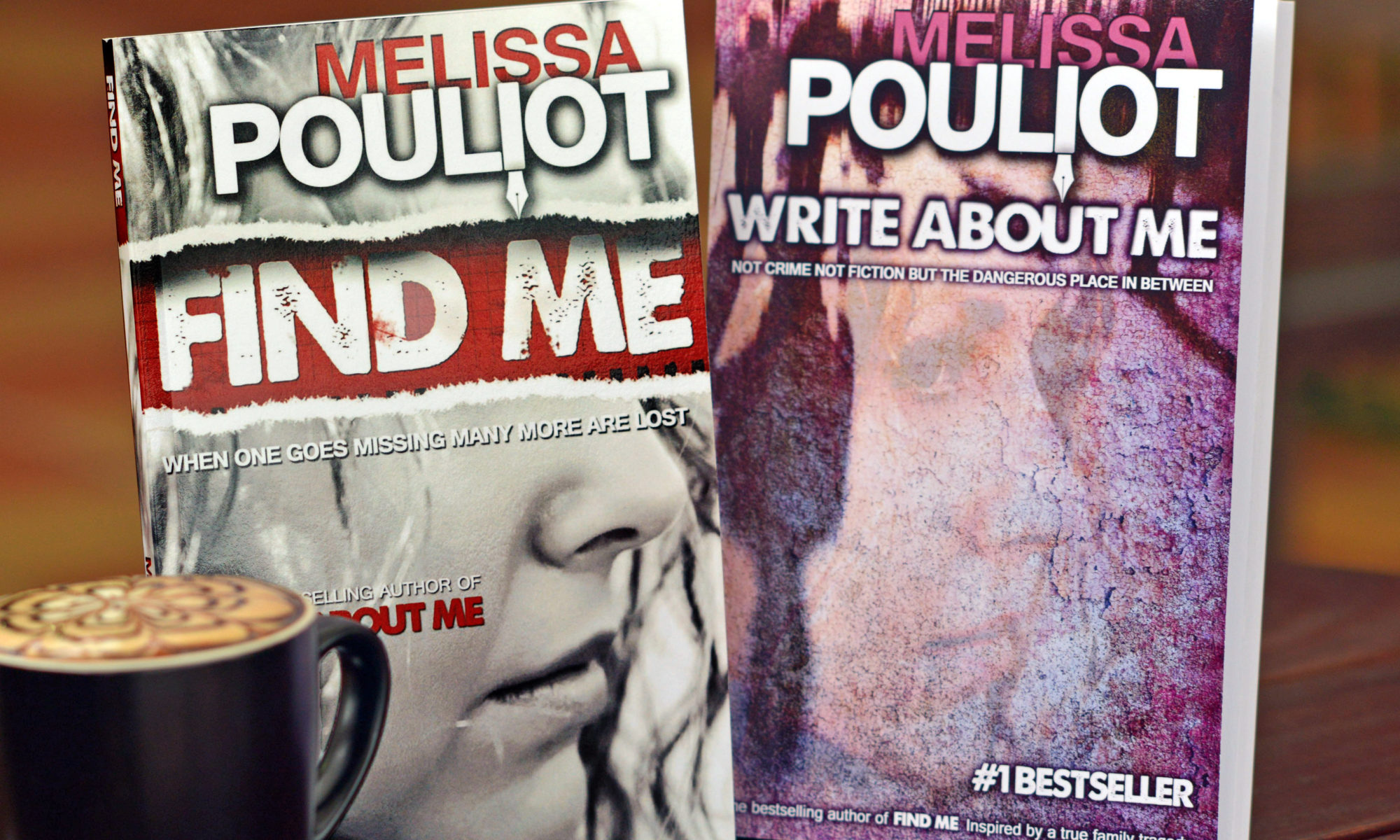I’ve launched a new Facebook page for my debut bestselling novel Write About Me. It’s an opportunity to go right back to the beginning of my author journey, and share with my readers the many stories behind the story I self-published in 2013.
Like so many other indie authors, I don’t have a publisher, an agent, a marketing company or a personal assistant. Everything I have achieved I have achieved with the support of a small group of passionate indie authors and of course, the amazing support of my readers.
To date, more than 100,000 people have read Write About Me and I have raised awareness around the world for missing persons. In one of my bookstores, it has been the highest selling fiction novel on their shelves for the past three years in a row. I’m still only a part-time writer (nights and weekends) but I am still living the dream of pursuing something I am passionate about – writing and missing people.
But before we delve into the stories behind the story, let’s look at something more superficial. Book covers.
It really is true. People do judge a book by its cover.
I remember sending my first print edition to a newspaper journalist, and after she interviewed me I asked her what she thought. She stumbled, hesitated and then blurted out – it looks like all self-published books, um, very, self-published.
Book cover, book marketing, book publishing, cover design, book cover design
I was devastated, and highly offended. But three years down the track, and looking at my initial cover, I didn’t follow any of the rules of book publishing.
Rule #1 – The cover needs to give the reader an insight into what the book is about
My very talented brother drew me my first cover image, and a highly skilled graphic designer created my cover. But we missed a few important things in our attempts to be super creative, and as the jack of all trades that a self-published author has to be I missed one very important point – what does the cover tell a complete stranger, your prospective readers, about the book? What will make the reader pick this up, click on it and turn the first page?
Write About Me is mostly based in Kings Cross. It is the story of a teenage runaway who ends up on the streets, while her devastated family and friends search for her. It is crime fiction and although one of my target audiences is young adults (16+) it does contain confronting themes and language. It is not a walk in the park.
The meaning of the signpost and coloured pavement only becomes clear after you read the novel. It is a beautiful, creative cover but it fails to sell or tell the story when it’s sitting on the shelf waiting for someone to purchase.
Rule #2 – people often choose books by authors, so your author name is as important, if not more important than the book title itself
A critical part of being an author is developing your author profile. And this starts with your name! People need to be able to read your name on the front cover from a distance. It needs to jump off the page on a paperback, and jump off a tiny thumbnail online image. I realised this pretty early on and we made my name bigger, but as I was about to release my second crime mystery novel I had to make a very difficult but very important decision. I needed to go back to the drawing board and get some fresh eyes onto my book cover design.
Rule #3 – work with professionals
Self-published authors have very small budgets. There are a lot of do it yourself tools out there so anyone, with even the most basic of desktop publishing skills, can create their book from scratch. But there are essential professionals you need to invest in to create the best possible book.
Preferably one with experience in book cover design and sales (and let them go for it with their creative ideas, when you are too close to something you can clutter up the design process quite easily!)
- Book formatting professional
It used to take me as long to format my book using the Create Space template as it did to write my books, so when one of the authors in my mentor group introduced me to Polgarus Studio, it changed my world!
I am a journalist, sub editor and editor and have more than 20 years of editing experience. But no matter how good you are, you can’t edit your own work! You really need to invest in a professional editor if you can, I promise they will pick up on things you hadn’t thought of, and they also give you a really great perspective on sections that need more work or don’t work at all.
- I’d love your feedback on my post, and to hear your experiences and knowledge about book publishing. Please feel free to follow me on social media – I’m pretty easy to find! I’m about to release my fourth book, You’ll Never Find Me – check it out! Kindest Melissa

